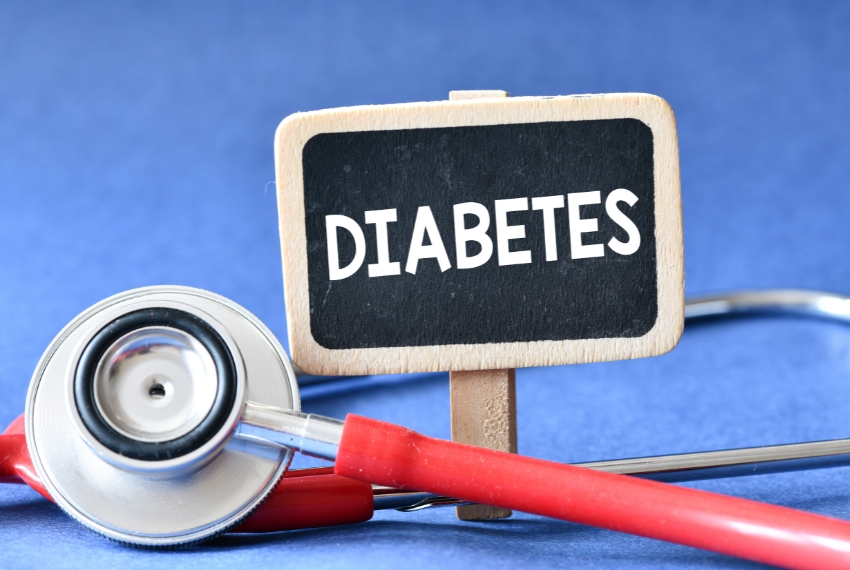

Pain after Implant Placement
If you've recently had a screw placed in your jaw and are in the process of healing from the implant, you might be wondering if the pain or discomfort you're experiencing is normal. There's no need to worry. It is entirely normal to experience temporary pain around the gums, jawbone, ear, and the jaw joint area after an implant surgery, radiating to the head and throat.
In a scientific study conducted to compare pain between tooth extraction and implant placement, it was found that the pain after implant surgery decreases faster than after tooth extraction. Additionally, patients who underwent both extraction and implant placement simultaneously experienced less pain after the surgery. Nevertheless, we have written this article to explain the types of pain and discomfort that each implant patient may experience during the recovery period.
Is pain normal after Implant Placement?
Yes, although modern implants are designed to be minimally invasive, implant surgery is considered a significant oral surgery. During implantation, an incision is made in the gums, and a screw is placed in the formed space in the bone. You won't feel much in the first few hours after the surgery. Your mouth will be numb because the effect of the anesthesia is still lingering. However, once the numbness begins to wear off after the implant screw is placed, it's normal to feel pain in the gums and jawbone in the implant area. This type of pain usually subsides easily with the prescribed pain relievers from your doctor. The body's protective mechanism is activated in the following hours, directing the cells needed for healing after the trauma caused by the surgery to the area where the implant is placed. Approximately 24 hours after implant surgery, some sensitivity, bruising, and swelling may appear in this area.
Swelling after implant surgery can cause pain in the throat and cheek area, as well as in the jaw joints and the ear area after long operations. The use of local anesthetics in combination with the stress of the surgery can increase blood pressure, leading to headaches.
Applying ice in the first 24 hours after implant surgery helps prevent swelling. Since the stretched tissues will be much more sensitive, you should avoid consuming very hot, hard, crunchy foods during this period.
You will continue to experience similar symptoms for about 2-6 days after the surgery. After about 4 days, the pain and discomfort you experience will significantly decrease. You should return to normal after about a week.
Pain is rare after two weeks
Two weeks after the implant placement, all tissues around the implant should have healed. After this period, you should not experience severe pain or discomfort. There should be no bleeding, swelling, or bruising. After the two-week mark, you can return to your normal diet and resume all your physical activities.
Pain that persists two weeks after Implantation
In the first few days following the implant surgery, pain and swelling typically increase for 3-4 days, after which they decrease and subside. If there is no improvement even after two weeks from the first day of implantation, and if pain and swelling gradually increase, you should visit your dentist. By this time, the surgical site should generally have healed and be pain-free. To determine the cause of persistent pain after implantation, you should consult your dentist or another experienced dental professional.
The most common reason for prolonged pain after dental implant surgery is infection at the surgical site. If this area is not properly cleaned and treated, it can lead to inflammation and additional pain and swelling. In most cases, the implant can be saved by cleaning the area. In advanced cases, it may be necessary to remove the implant. A new implant can be placed immediately in the same space, or the bone can be allowed to heal before a new implant is placed.







